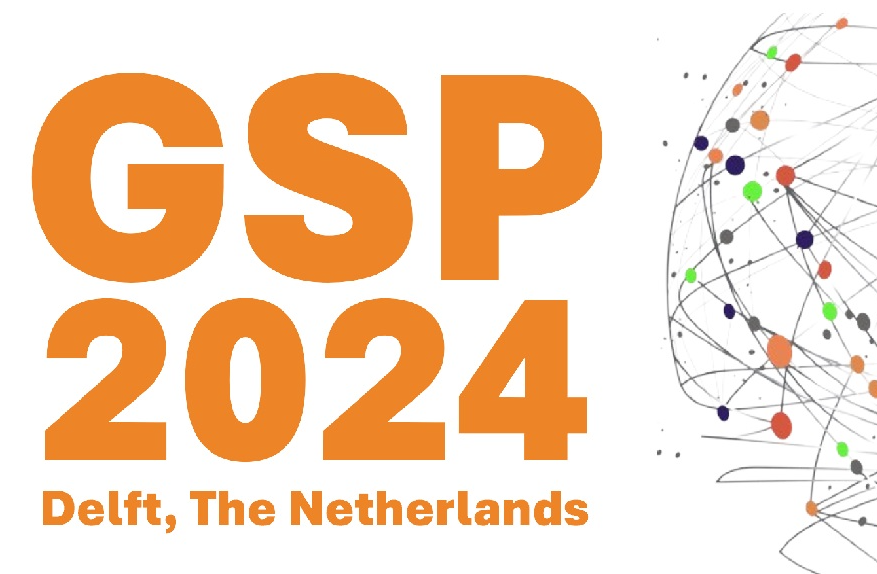Agenda
Distinguished Lecture IEEE COMSOC
- Monday, 19 October 2015
- 14:00-15:00
- HB 17.150
A Stochastic Analysis of Network MIMO Systems
Wei YuUniversity of Toronto
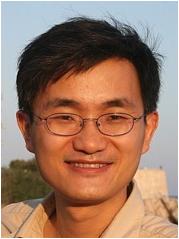
Network MIMO, where base-stations (BSs) cooperatively transmit and receive to/from the users, promises to significantly alleviate the inter-cell interference problem in wireless cellular networks; but its analytical performance characterization is still a difficult open problem.
In this talk, we describe a stochastic geometry analysis of a network MIMO system, where the multiple-antenna BSs are distributed according to a Poisson point process and cooperate using zero-forcing beamforming to serve multiple users. We obtain tractable and accurate approximations of the signal power and inter-cluster interference power distributions, and derive a computationally efficient expression for the achievable per-BS ergodic sum rate. The analysis enables us to obtain the optimal number of users to schedule. Further, it allows us to quantify the performance improvement of network MIMO systems as a function of the cooperating cluster size.
In particular, due to the zero-forcing penalty across a distributed set of BSs and the inevitable out-of-cluster interference that always exists, the per-BS ergodic sum rate of a network MIMO system does not approach that of an isolated cell even at unrealistically large cluster sizes.
Finally, we illustrate the benefit of user-centric clustering for cell-edge users, and remark on a comparison between massive MIMO and network MIMO systems.
About the presenter
Professor Wei Yu (S?97-M?02-SM?08-F?14) received the B.A.Sc. degree in Computer Engineering and Mathematics from the University of Waterloo, Waterloo, Ontario, Canada in 1997 and M.S. and Ph.D. degrees in Electrical Engineering from Stanford University, Stanford, CA, in 1998 and 2002, respectively. Since 2002, he has been with the Electrical and Computer Engineering Department at the University of Toronto, Toronto, Ontario, Canada, where he is now Professor and holds a Canada Research Chair (Tier 1) in Information Theory and Wireless Communications. His main research interests include information theory, optimization, wireless communications and broadband access networks.Additional information ...
Agenda
- Thu, 25 Apr 2024
- 11:00
- HB 17.140
Signal Processing Seminar
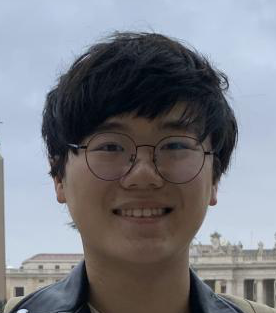
Yanbin He
Modelling Error Correction in Sparse Bayesian Learning via Grid Optimization
- Tue, 30 Apr 2024
- 10:00
- HB18.090
MSc SPS Thesis presentation
Wim Kok
A SystemC SNN model for power trace generation
- Mon, 6 May 2024
- 12:30
- Aula Senaatszaal
PhD Thesis Defence
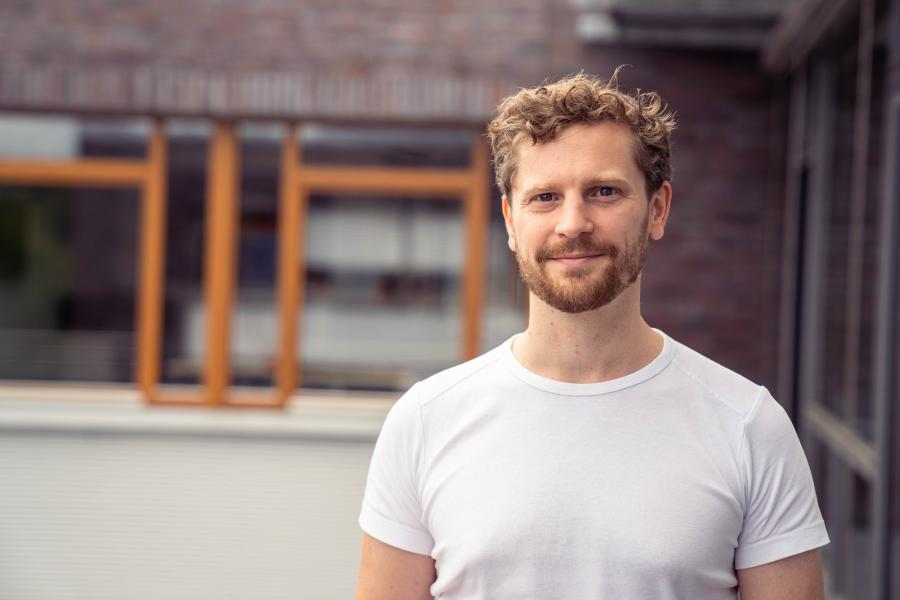
Christoph Manss
Multi-agent exploration under sparsity constraints
- Tue, 21 May 2024
- 10:00
- Aula Senaatszaal
PhD Thesis Defence
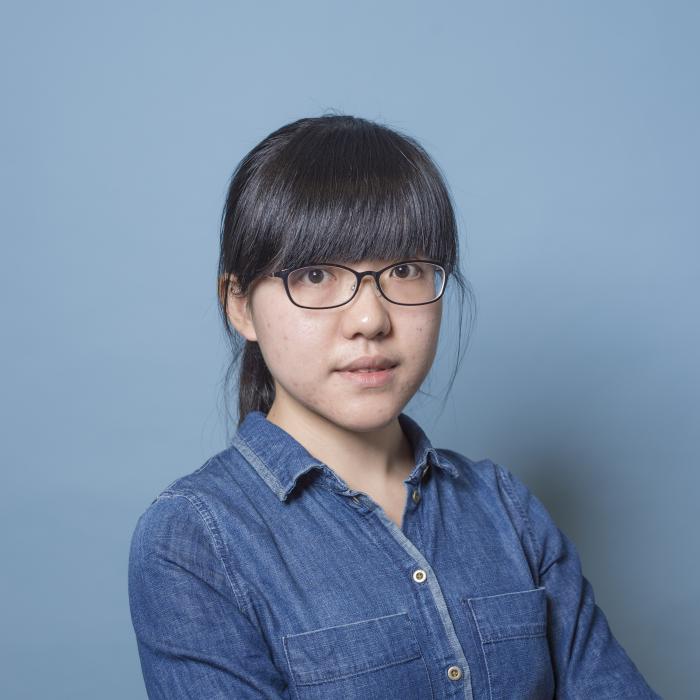
Wangyang Yu
- 27 -- 28 May 2024
- Aula, TU Delft
Conferences

44th Benelux Symposium on Information Theory and Signal Processing (SITB'24, Delft)
- Tue, 18 Jun 2024
- 15:00
- Aula Senaatszaal
PhD Thesis Defence
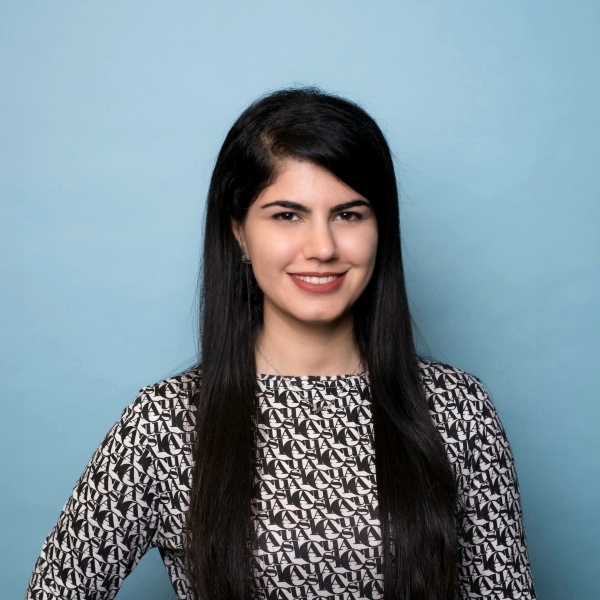
Hanie Moghaddasi
Model-based feature engineering of atrial fibrillation
- Mon, 24 Jun 2024
- Aula, TU Delft
Conferences
